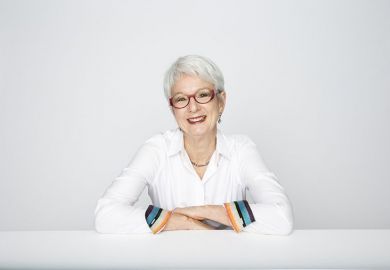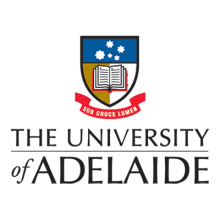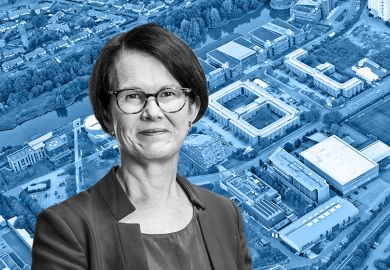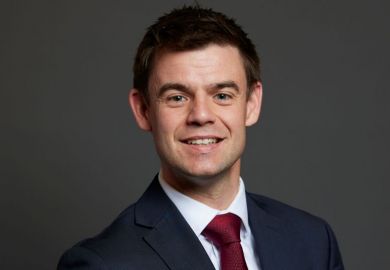Recently departed University of Queensland vice-chancellor Peter Høj has been recruited to run the University of Adelaide, bookending a tumultuous period for the South Australian institution.
The Danish-born biochemist, who has also been vice-chancellor of the University of South Australia and chief executive of the Australian Research Council, starts a five-year term at Adelaide on 8 February.
The appointment follows widespread speculation that Professor Høj, who spent almost two decades in South Australia – including nine years as an Adelaide professor – would return to lead the state’s oldest institution.
He succeeds interim vice-chancellor Mike Brooks, who has run the university since the disgraced former leader Pater Rathjen’s abrupt departure last May over sexual harassment scandals.
Professor Høj said his first priority would be to engage with the university community in planning the next stages of its 147-year history, without interrupting the progress of current or future students. “I always get a spring in my step when I go to graduations because I know this is a culmination of what we have done to secure success for future generations,” he said.
He said he felt “great affinity” for South Australia and the University of Adelaide, where he had first been offered work in the 1990s, and had come back to the city late last year to spend more time with his family. “I had always intended to return to South Australia to continue to make a significant contribution to the future of this state,” he said.
Professor Høj presided over a period of prosperity at the University of Queensland, which grew by about 40 per cent to a A$2.2 billion (£1.2 billion) operation under his tenure. Student numbers have increased by some 18 per cent to more than 55,000 since he took over in 2012.
But the success was bankrolled mainly by overseas students, whose ranks more than doubled to over 20,000 while domestic student numbers barely changed. International tuition fees contributed some A$657 million, or 30 per cent of the university’s revenue, in 2019, the latest year for which accounts are available.
The dependence on international income led to accusations that Professor Høj was too cosy with the leadership of China – a perception fuelled by his position as a consultant to Hanban, the agency that runs China’s Confucius Institutes, and by the university’s treatment of philosophy student Drew Pavlou, an outspoken critic of its links with the Chinese Communist Party.
Adelaide chancellor Catherine Branson said Professor Høj was “highly regarded as an inclusive and collaborative leader” with “a strong social justice agenda”. He arrived with “an outstanding track record” in “building university rankings and research output”, with a focus on high-quality, student-centred teaching and employer satisfaction.
“[He] is one of Australia’s most outstanding and highly respected leaders in higher education, and we are delighted to have him.”
Group of Eight chief executive Vicki Thomson said the network was glad to welcome back its former chairman. “The research and commercialisation successes Professor Høj delivered for Australia during his leadership as vice-chancellor of the University of Queensland, and his zeal for such effort, have left a proud and enduring legacy for Australia,” she said.
Register to continue
Why register?
- Registration is free and only takes a moment
- Once registered, you can read 3 articles a month
- Sign up for our newsletter
Subscribe
Or subscribe for unlimited access to:
- Unlimited access to news, views, insights & reviews
- Digital editions
- Digital access to THE’s university and college rankings analysis
Already registered or a current subscriber? Login










